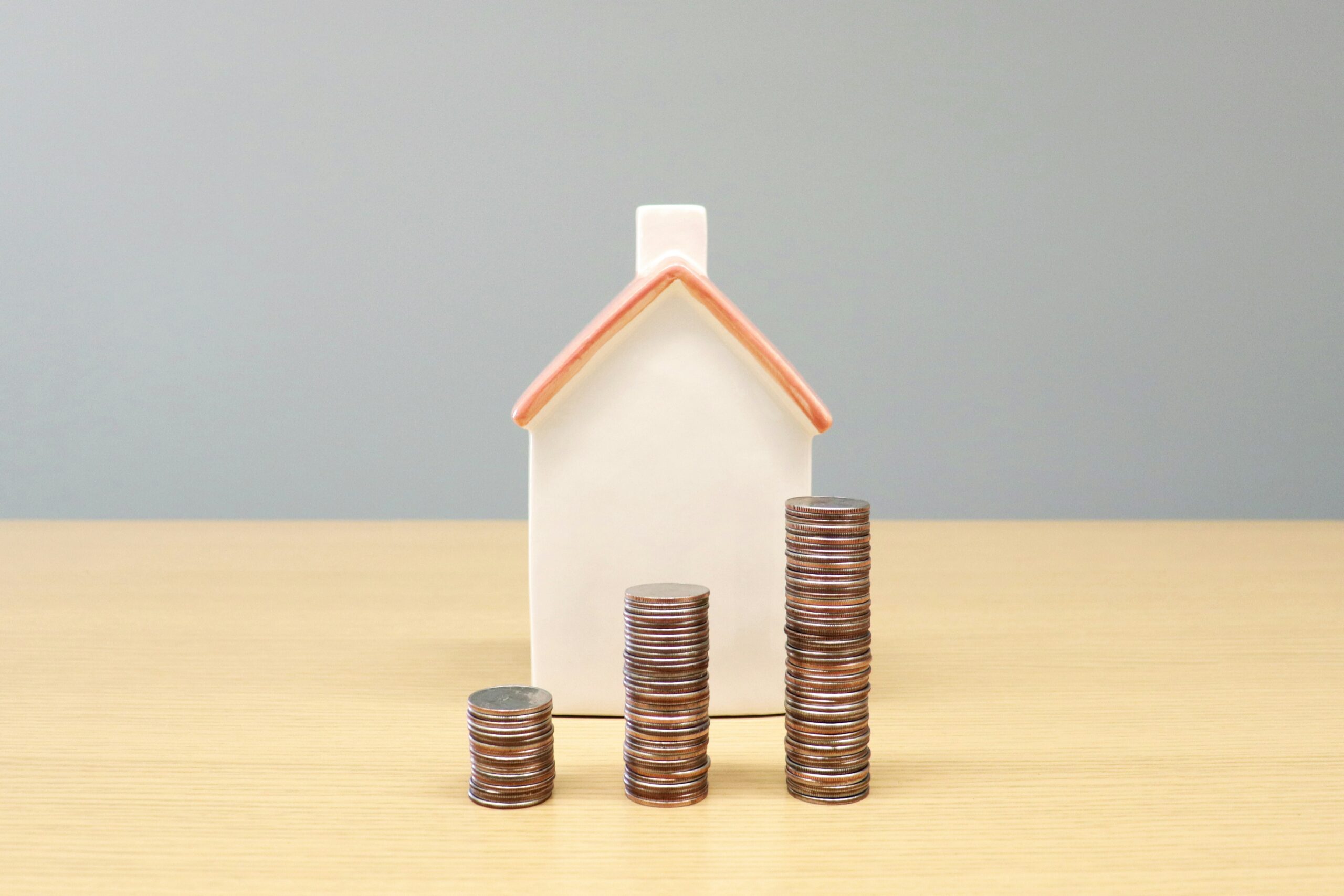Are you sitting on a goldmine without even knowing it? Your home might be worth more than you think, and tapping into that value could open up a world of financial possibilities. Home equity loans allow homeowners to borrow against the equity they’ve built up in their property. With interest rates fluctuating, understanding how these rates work is crucial for making informed decisions. Whether you’re looking to fund a renovation, pay off debt, or invest in something new, getting the best home equity loan rate can save you significant cash over time. Let’s dive deeper into what home equity loans are all about and uncover key insights that can help guide your borrowing journey.
Understanding Home Equity Loans
Home equity loans allow homeowners to borrow money by leveraging the value of their property. Essentially, it’s a way to access cash based on the difference between your home’s market value and any outstanding mortgage balance.
When you take out a home equity loan, you receive a lump sum amount that you repay over time with interest. This can be appealing for major expenses like renovations or education costs.
Unlike personal loans, which typically have higher interest rates and shorter terms, home equity loans often offer lower rates due to the secured nature of borrowing against your property. However, this means that failing to repay could put your home at risk.
Understanding how much equity you have is essential before committing. A good grasp of your financial situation will ensure you’re making informed choices tailored to your needs and goals.
How Do Home Equity Loan Rates Work?
Home equity loan rates are influenced by a variety of factors. Primarily, they depend on your credit score and the amount of equity you have in your home. Equity is essentially the difference between your home’s market value and what you owe on your mortgage.
Lenders assess these elements to determine risk levels. A higher credit score typically results in lower interest rates since it indicates responsible borrowing habits.
Additionally, fixed-rate loans usually come with more predictable payments compared to variable-rate options that fluctuate over time based on market conditions. This means borrowers need to consider their long-term financial plans carefully when choosing a type of loan.
Market trends also play a significant role in determining current rates. Keeping an eye on economic indicators can help homeowners decide the best time to secure financing for their projects or needs.
Factors That Affect Home Equity Loan Rates
Home equity loan rates are influenced by various factors that potential borrowers should consider. One of the primary elements is credit score. A higher score typically means lower interest rates, as lenders view you as a less risky borrower.
The amount of equity in your home also plays a significant role. If your property has appreciated significantly, your equity increases, potentially leading to better rates.
Market conditions shouldn’t be overlooked. When economic indicators are positive and interest rates overall are low, lenders may offer more favorable terms.
The loan-to-value (LTV) ratio matters too. A lower LTV indicates more equity and decreases lender risk, which can result in reduced rates for borrowers seeking funds against their home’s value.
Tips for Finding the Best Home Equity Loan Rates
When searching for the best home equity loan rates, start by comparing offers from multiple lenders. A little research can reveal significant differences in interest rates and fees.
Consider your credit score. Higher scores typically lead to better rates. If you need to boost your score, take steps like paying down existing debts or correcting any inaccuracies on your credit report.
Don’t overlook local banks and credit unions; they often provide competitive terms compared to larger institutions.
Another smart move is locking in a rate when you find one that suits you well. Rates fluctuate frequently, so securing an offer can save money over time.
Ask about discounts for automatic payments or relationship bonuses if you’re already a customer with a lender. Every bit helps when aiming for favorable loan conditions!
The Benefits of a Low Home Equity Loan Rate
A low home equity loan rate can provide significant financial relief. With reduced interest costs, you save money over the life of the loan. This extra cash can be redirected toward other priorities, such as home renovations or paying off high-interest debt.
Lower rates also mean more affordable monthly payments. A manageable payment plan allows for greater flexibility in budgeting your finances. You might find yourself with room to invest in personal goals or even set aside savings.
Moreover, a favorable rate enhances your borrowing power. It opens doors to larger amounts that you may need for big projects without straining your finances too much.
Securing a low rate now protects you from potential future increases in interest rates. Locking in an advantageous deal today ensures long-term stability and peace of mind about your financial obligations.
Alternatives to a Traditional Home Equity Loan
For homeowners seeking flexibility, there are several alternatives to a traditional home equity loan. One popular option is a Home Equity Line of Credit (HELOC). This works like a credit card, allowing you to borrow against your home’s equity as needed. You only pay interest on the amount you use.
Another alternative is a cash-out refinance. This involves refinancing your existing mortgage for a higher amount than what you owe and taking the difference in cash. It can provide funds while potentially lowering your overall interest rate.
Personal loans also present an option if you’re looking for smaller amounts without tying them to your home’s equity. These unsecured loans often come with fixed rates and predictable payments.
Consider government programs or grants designed for specific needs such as renovations or debt consolidation. Each choice has its pros and cons, making it essential to evaluate which best fits your financial situation.
Conclusion: Is a Home Equity Loan Right for You?
Deciding whether a home equity loan is the right choice for you hinges on several factors. Consider your current financial situation and long-term goals. Are you looking to finance renovations, consolidate debt, or cover unexpected expenses? A home equity loan could provide the necessary funds at potentially lower rates compared to other financing options.
However, it’s crucial to weigh the risks involved. Tapping into your home’s equity means that you’re using your property as collateral. If unable to make payments, this could lead to foreclosure. Assess how much equity you have and what kind of repayment plan fits within your budget.
Before making a decision, research various lenders and compare their offerings. Look closely at terms such as interest rates, fees, and repayment periods. Getting pre-approved can also give you clearer insight into available options tailored specifically to your needs.
Understanding home equity loans and how they work will empower you in making an informed choice that aligns with both your immediate needs and future aspirations. Whether it’s securing a low rate or exploring alternatives like personal loans or lines of credit, knowledge is key in navigating this financial landscape effectively.




